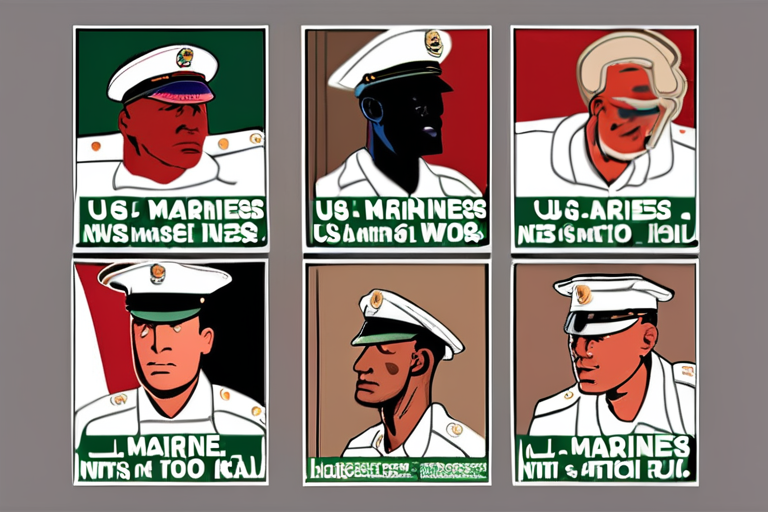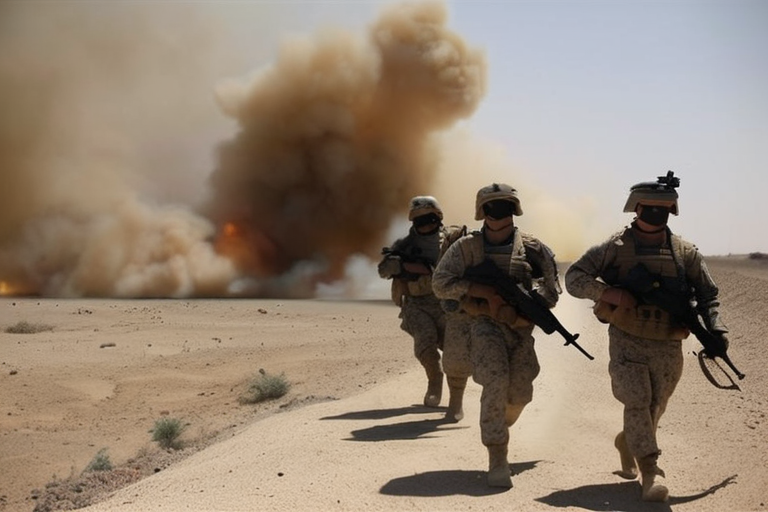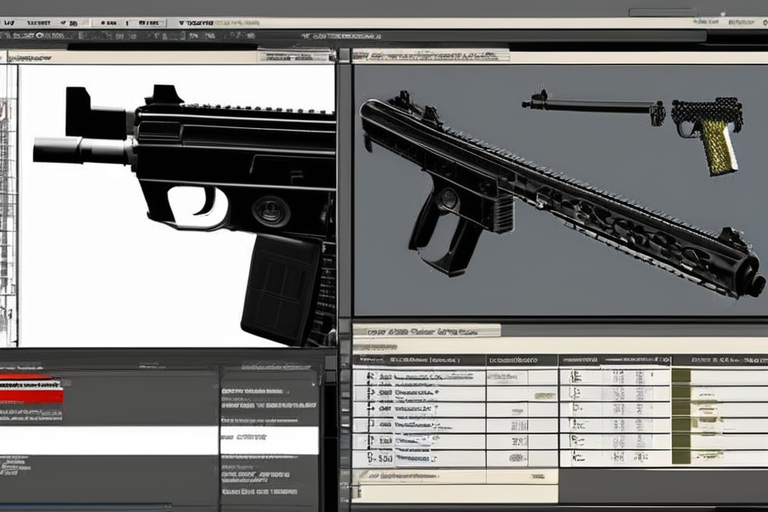Breaking News: US Marines Implicated in Notorious Iraq War Shooting
A BBC Eye investigation has uncovered evidence that implicates two US Marines in the killing of a family in the Iraqi town of Haditha, 20 years after the incident. According to a forensic expert, statements and testimony given in the aftermath of the killings raise doubts about the American investigation into the event. The family, including a mother, father, and five siblings, was shot dead by US Marines on November 19, 2005, while their 13-year-old daughter Safa Younes survived by hiding in a back bedroom.
The incident occurred during the Iraq War, a conflict that lasted from 2003 to 2011 and resulted in the deaths of hundreds of thousands of civilians and military personnel. The Haditha massacre, as it came to be known, was one of the most notorious incidents of its kind, sparking widespread outrage and calls for accountability.
The two Marines implicated in the killing have never been brought to trial, and the American investigation into the incident has been criticized for its handling of evidence and testimony. The BBC Eye investigation has shed new light on the case, raising questions about how US armed forces are held to account for human rights abuses.
Safa Younes, now 33, has spoken publicly about the trauma she experienced that day, describing the scene where her family was killed. "This is the room where my whole family was killed," she said, pointing to the bullet-riddled front door of her family's home.
The implications of the BBC Eye investigation are significant, not only for the families of the victims but also for the international community. The incident highlights the need for greater accountability and transparency in military operations, particularly in situations where civilians are at risk.
As the investigation continues, calls for justice and accountability are growing. The US military has yet to comment on the new evidence, but the BBC Eye investigation has sparked a renewed debate about the handling of human rights abuses in military conflicts.



























Share & Engage Share
Share this article